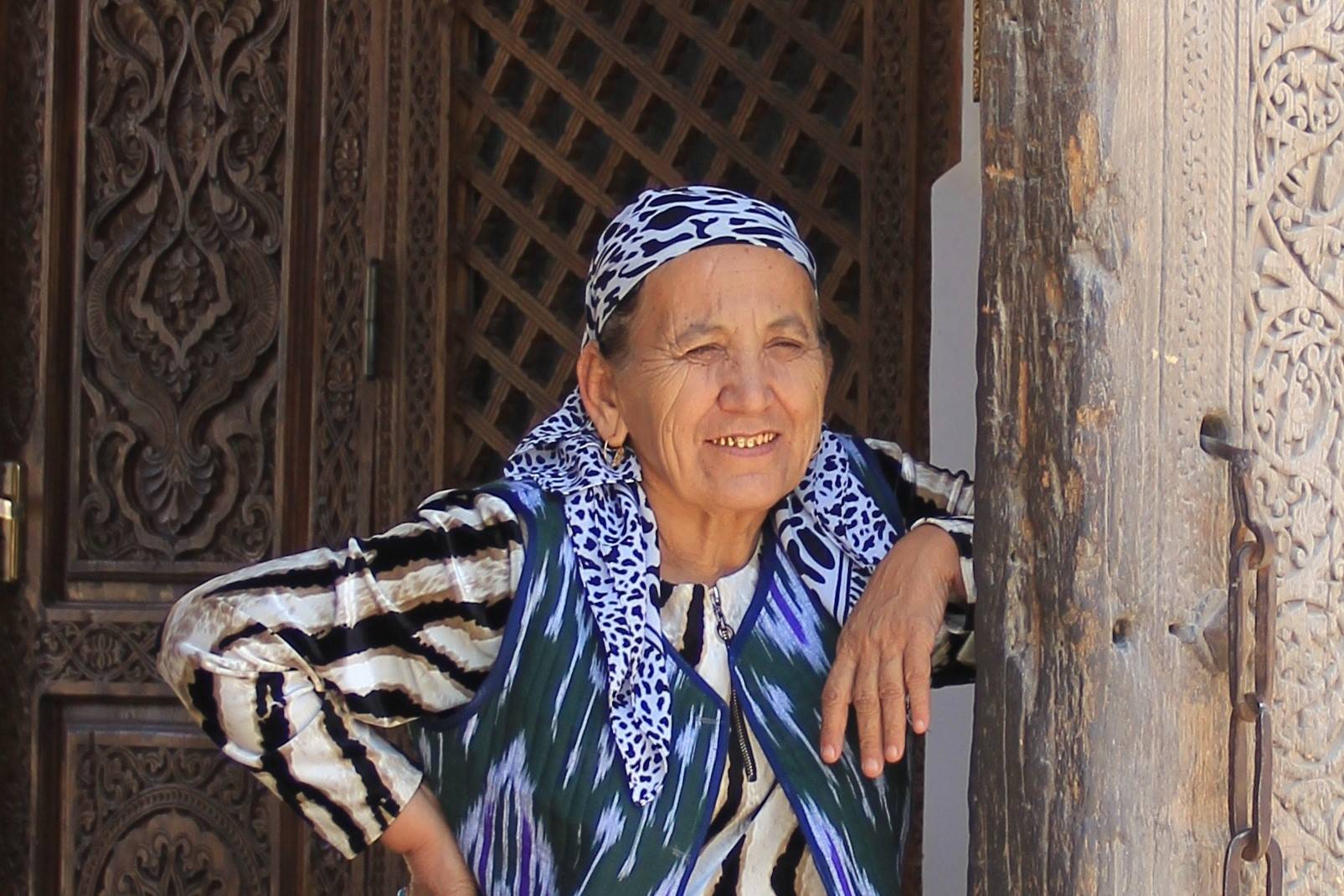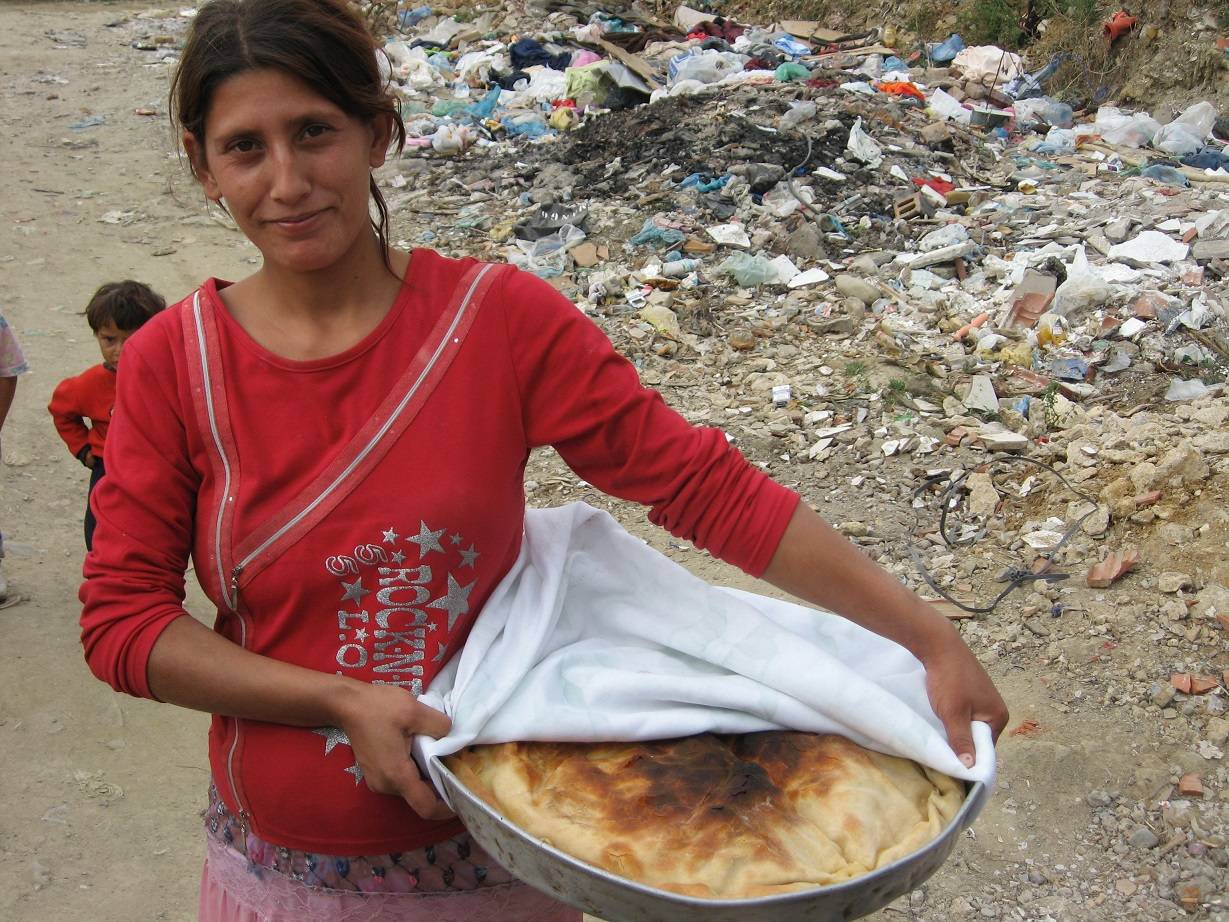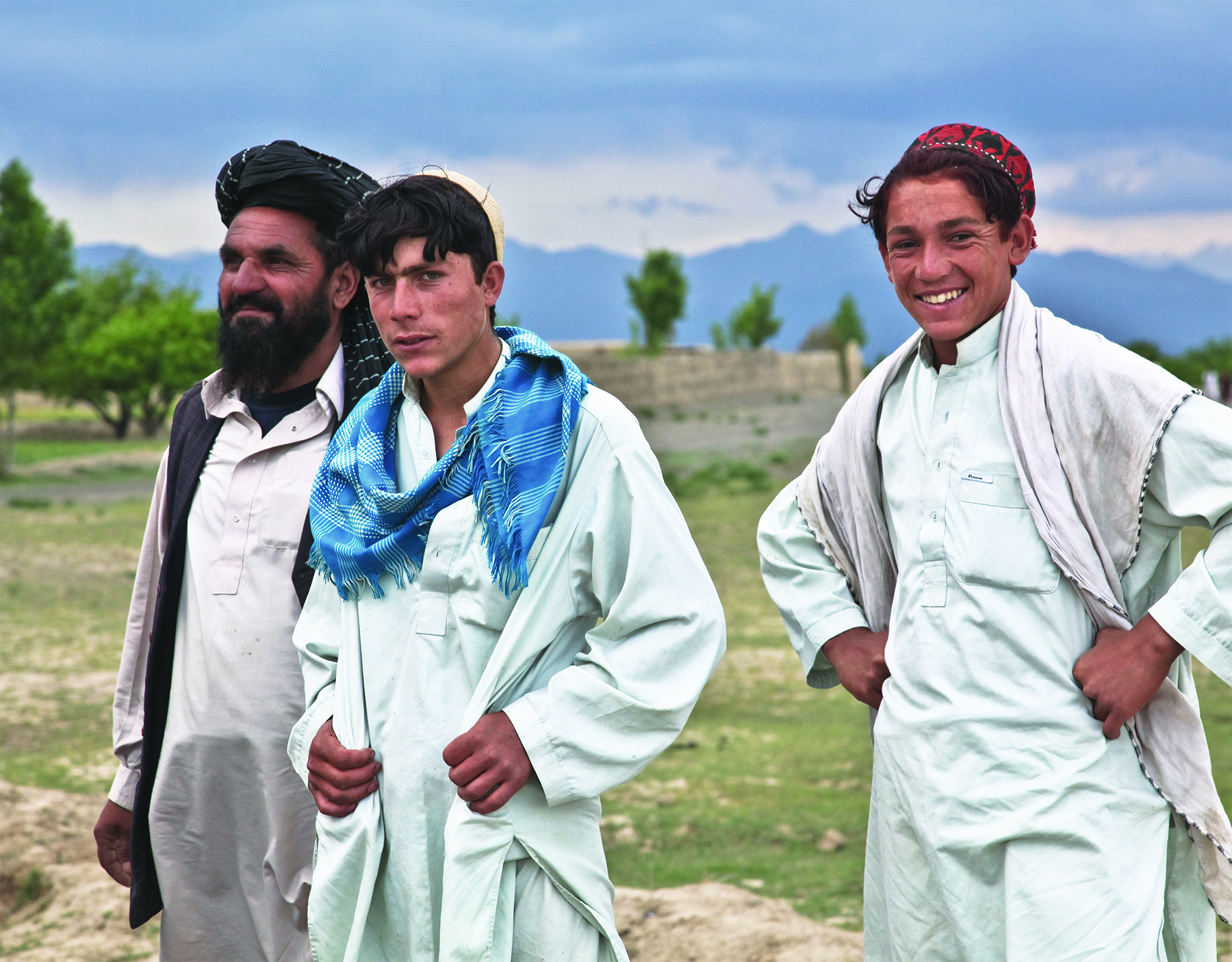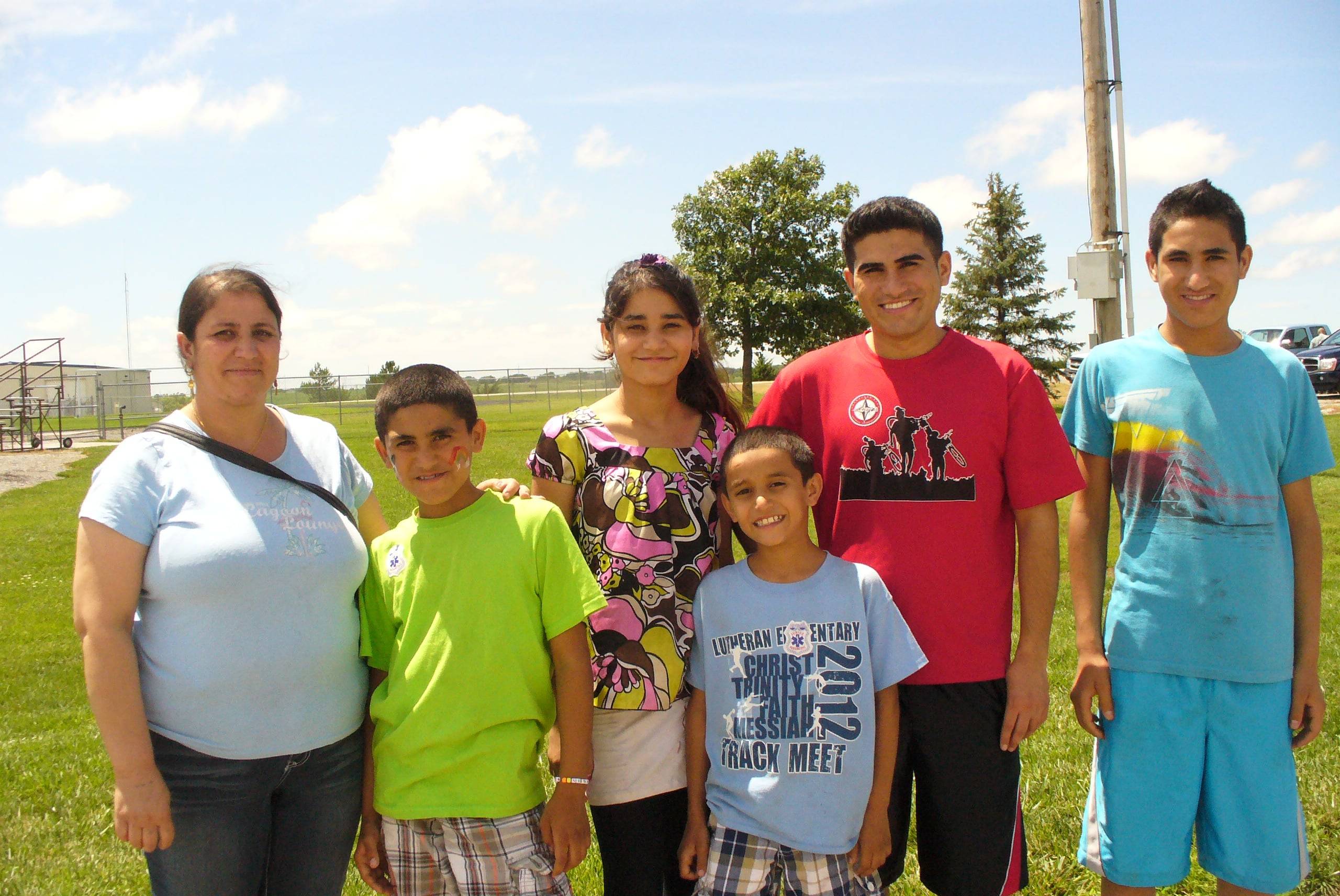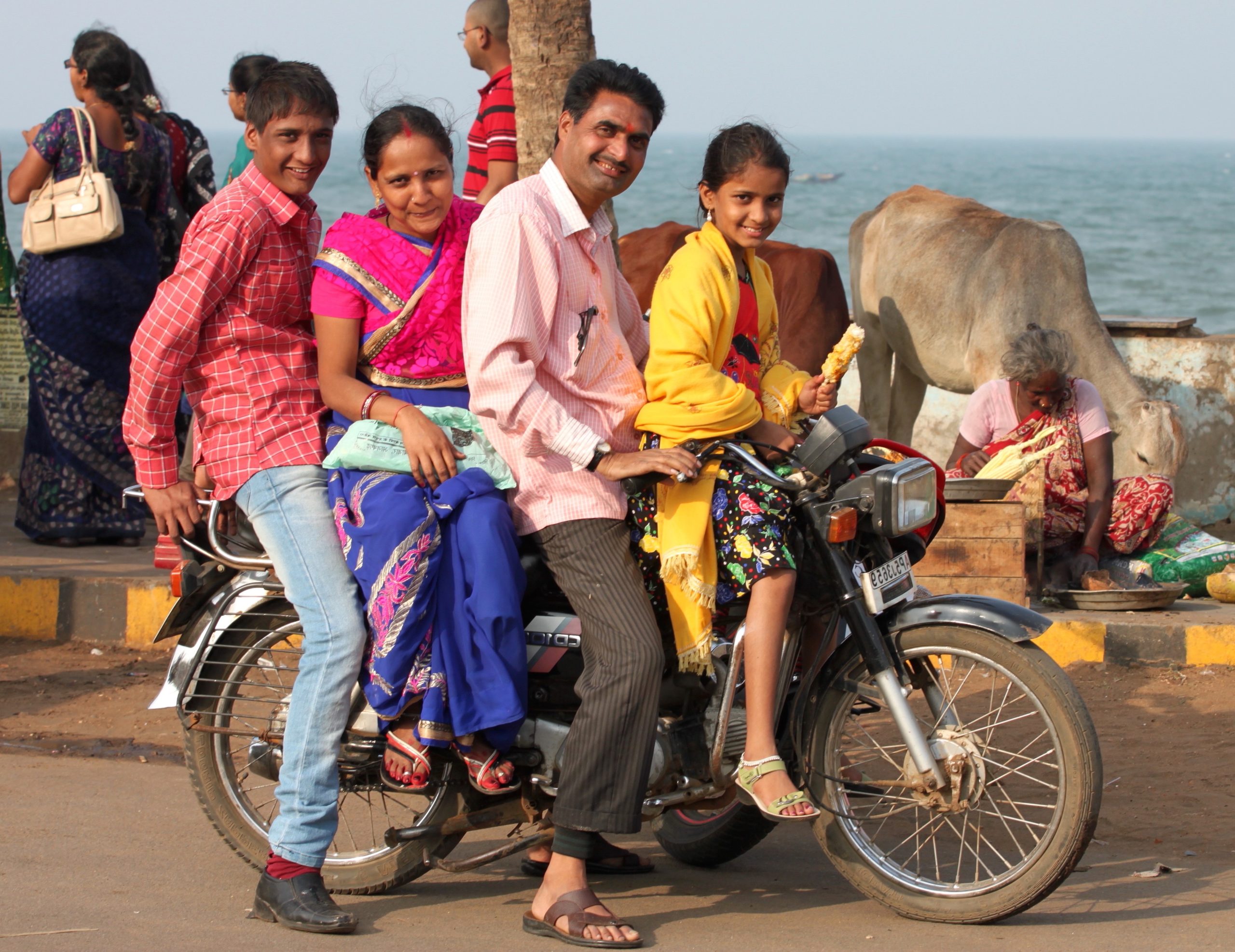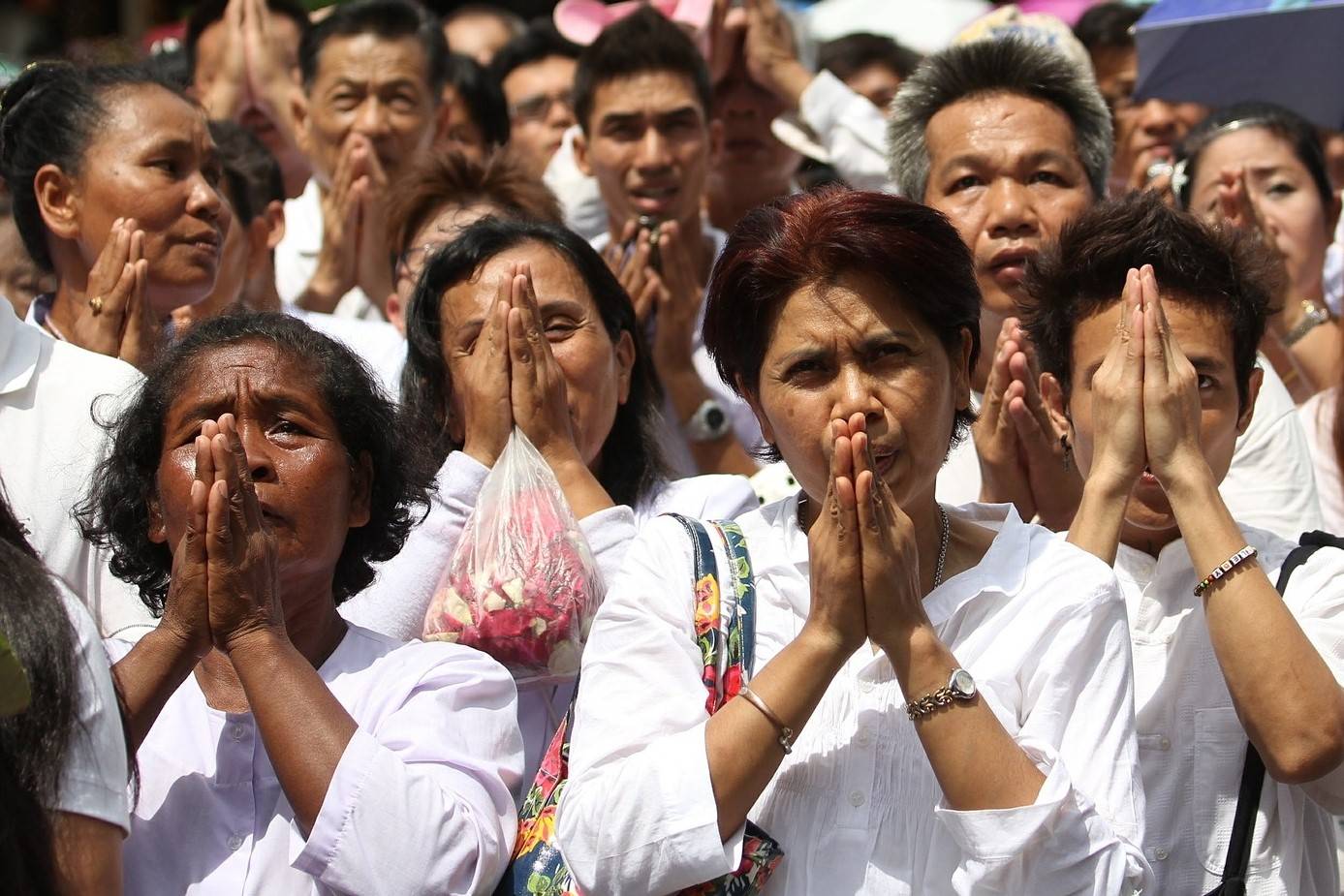Central Asia is a colorful mosaic of traditions and peoples. Some of these cultures emerged from the former Soviet Union; others share history with India and the Middle East. But one thing is common across the area: fewer than one in 20 people has access to a church that preaches the gospel in their language and in a culturally relevant way.
Islam is by far the most prominent religion, and in many areas, regulations limit the spread of the good news. Christianity is usually viewed as foreign, and those who accept it are often subject to persecution and struggle to find fellowship with other believers.
We praise God that in spite of these challenges, the Church is growing in some areas of Central Asia. Christar workers are using their gifts and skills to serve least-reached communities in areas such as education and medical work while establishing fellowships in places where few have heard the good news.

